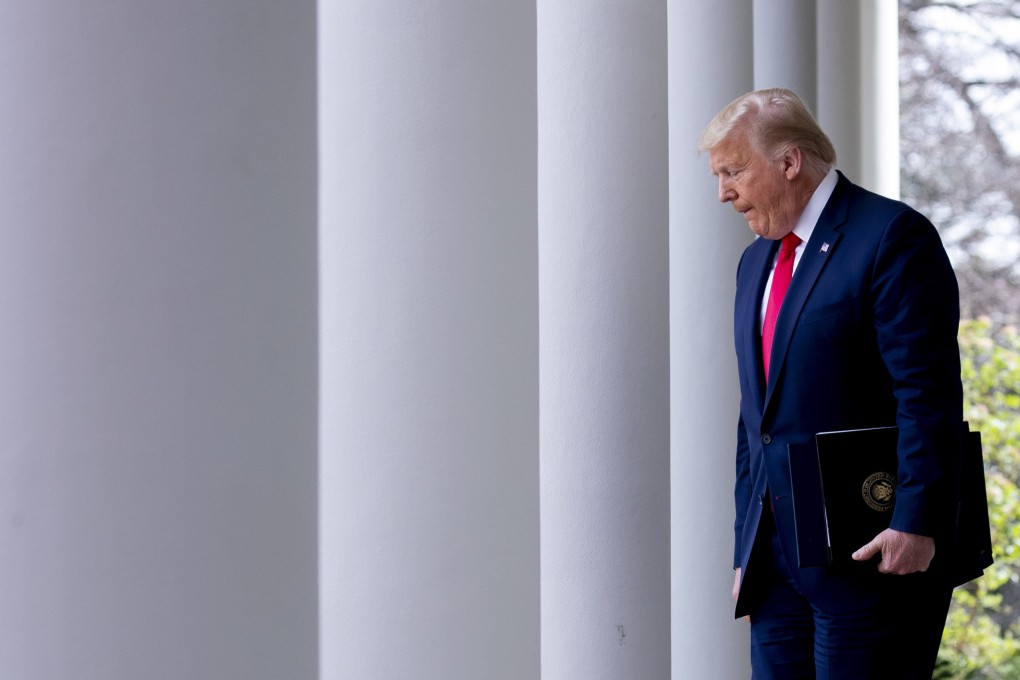Editorial | Time of crisis cries out for coordinated global leadership
- If the world is to overcome the coronavirus pandemic and financial market meltdown, the divisive approach of an isolationist US president is not the way forward

The coronavirus pandemic and financial market meltdown are a test of responsible global leadership. Individual governments have promised relief measures to combat the economic fallout for business and employment.
But in times of crisis such as the present the world needs statesmen and women to step up with coordinated leadership in a concerted effort to restore confidence.
We can no longer look to the markets for a lead in stemming the economic fallout from roller coaster contagion. They are driven by sentiment, which is understandably bad, as evidenced in the devastation in financial markets this week.
To be sure, the World Health Organisation’s declaration that the new coronavirus outbreak was officially a pandemic was negative. But metaphorically the world was already sickening and sentiment had already entered bear market territory in spirit if not technically.

At such times, with news of near global contagion by the hour and markets experiencing a rerun of the sell-off nightmares of the 1987 crash and the 2008/09 financial crisis, there is a need for responsible, coordinated world leadership to restore confidence.
Such leadership is not be to be found in political messaging which conflates the pandemic with divisive domestic issues, as in the United States, where President Donald Trump has claimed the country is facing a “foreign virus” and linked his response to tough anti-immigration measures.
